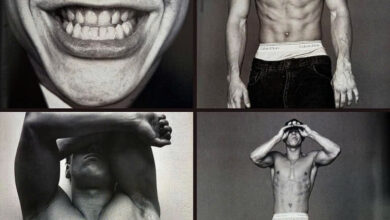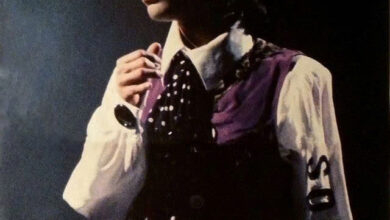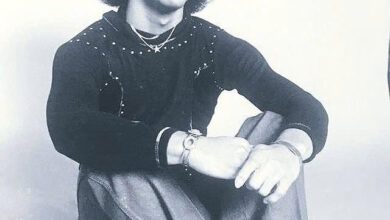The Soundtrack of His Life: How Music Influenced Wahlberg’s Acting Choices
OPINION: This article may contain commentary which reflects the author's opinion.
Mark Wahlberg, a name synonymous with Hollywood blockbusters, action-packed roles, and captivating performances, wasn’t always destined for the big screen. Before his acting career took off, Wahlberg found his footing in the world of music. Known to many as Marky Mark from Marky Mark and the Funky Bunch, his early musical career shaped not only his public persona but also laid the foundation for the way he approached acting.
The Rhythm of Life
Wahlberg’s transition from music to acting might seem like a drastic shift, but for him, the two worlds were interconnected. “Music has always been a part of my life,” Wahlberg once said in an interview. “It influences everything I do, even my approach to acting.” Whether it was the raw energy of his rap performances or the underlying themes of perseverance and struggle in his lyrics, music created an emotional depth that Wahlberg carried into his roles.
The Power of Emotion
In acting, much like music, emotion is key. Wahlberg’s time in the music industry taught him how to connect with an audience on an emotional level. This lesson became particularly evident in his portrayal of characters who face internal struggles. In Boogie Nights (1997), his role as Dirk Diggler—an adult film star navigating the highs and lows of fame—showcased Wahlberg’s ability to channel deep emotions. His performance wasn’t just about the character’s actions; it was about understanding the emotional cadence, much like the rhythm of a song.
When Wahlberg played Micky Ward in The Fighter (2010), a film heavily centered around the struggles and triumphs of a boxer, the influence of his musical past was undeniable. Just like a song builds tension and release, Wahlberg crafted his performance by creating moments of vulnerability and strength, allowing audiences to feel the highs and lows as if they were living them.
Timing and Rhythm
Acting, like music, requires a sense of timing and rhythm. Wahlberg’s early experience with music gave him an intuitive understanding of pacing, whether it was timing a comedic line perfectly or creating tension in an intense scene. His work in action-packed films such as The Italian Job (2003) and The Departed (2006) shows how he masterfully times his performance to match the intensity of the moment. The rhythm in his delivery keeps the audience engaged, much like a well-crafted beat in a song.
Soundtracks That Shaped His Roles
Wahlberg’s connection to music has often seeped into the soundtracks of his films. In many ways, the soundtracks of movies he’s starred in have mirrored his personal taste, creating a bridge between his musical and acting careers. For instance, the use of classic rock and hip-hop in his films complements his on-screen persona and reflects the energy he once brought to the stage as Marky Mark. His music career has often influenced the kind of stories he’s drawn to—narratives filled with grit, redemption, and triumph over adversity.
Wahlberg even collaborated on the production side of films where music played a key role in storytelling. One notable example is his work on Entourage (2004-2011), where the soundtrack played a major role in shaping the mood and energy of the show. Wahlberg’s understanding of how music can drive a narrative, establish mood, and enhance character development undoubtedly came from his own experiences as a musician.
The Symphony of Storytelling
While Wahlberg’s days as Marky Mark are long behind him, the influence of music is ever-present in his acting choices. His ability to convey the rhythm of life—its ups and downs, triumphs and defeats—makes him a dynamic force in Hollywood. Whether he’s playing a tough streetwise detective or a down-and-out boxer, Wahlberg brings an emotional depth shaped by his early years in the music industry.
Music, for Wahlberg, is more than just a creative outlet—it’s the soundtrack of his life. Every role he chooses, every character he embodies, is influenced by the same principles that made him successful as a musician: emotion, timing, and the power of storytelling.



